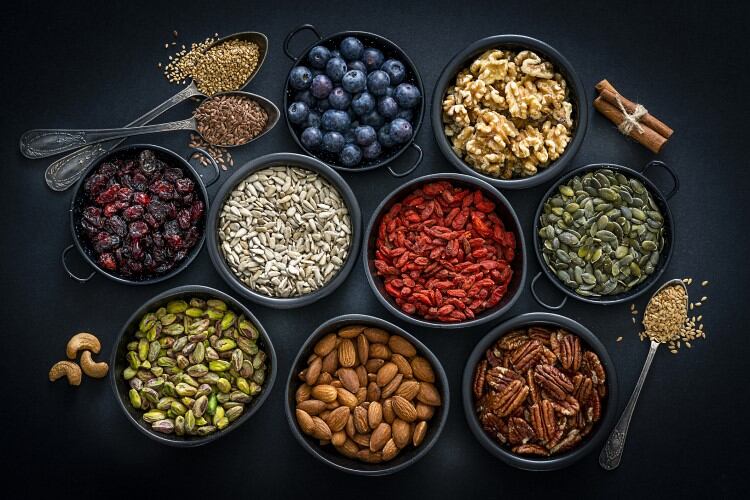Food ingredients and agricultural commodities company ofi (formerly Olam) has released new findings about consumer appetite for plant-based dairy, including insights on ingredient trends that could win over consumers in the coming year.
According to ofi’s proprietary research, the value of the European retail market for plant-based beverages, desserts and ice cream stands at €5.3bn, having expanded by 16% over the last five years.
To identify areas of opportunity, ofi conducted research among more than 1,500 European consumers from across the UK, France, Germany, Italy and Sweden, asking them about plant-based milk, yogurt and ice cream dairy-free alternatives among other food categories.
The results showed that 58% of those polled stated that they expected to consume more plant-based products in the next two years, with 25% open to reducing their dairy intake. Among the core consumer groups, flexitarians were the majority (41%) with 2% identifying as vegan and 5% as vegetarian and pescatarian. Almost a quarter (23%) said they did not restrict their diet.
Preventing ‘drop-outs’
Despite this openness, the data revealed that some consumers are still unsure about the category – and a portion decide not to return to it after having been dissatisfied with what’s on offer.
According to ofi’s research, 35% of consumers polled have not found a plant-based dairy product that satisfies their preferences, while 8% have dropped out of plant-based consumption altogether. The main barrier is bad taste and texture, with 61% stating this has kept them from trying more plant-based products. Price (56%) and low availability (56%) share the second most-common reason forcing consumers to reconsider their plant-based food intake.
So, taste is king – but what else?
While taste is king, there are several other trends identified in the research on which manufacturers can capitalize during 2023. Organic ingredients, sustainable claims and low sugar content are among the leading characteristics consumers seek in a product, with ‘high protein’ and ‘less processing’ also identified by the consumers polled. “We found that organic and low sugar claims – which can be achieved by adding spices to keep the sweetness but lowering the sugar, for example - can actually increase people’s value perceptions of the product,” said Laura Barber, vice-president, consumer and market insights at ofi. “So while you can’t match the price of traditional dairy or meat products, you can increase the value by elements like organic or low sugar.”
ofi, who is a major commodity player with expertise in cocoa, spices and nuts among others, thinks nuts are the tried and tested ingredient that could help manufacturers sway more consumers towards the plant-based dairy alternatives category due to providing superior texture and flavor properties as well as nutrients. “We talked to consumers about almonds, oats and soy as the three most prevalent bases on the market today,” Barber reflected. “48% said that nuts are ‘really tasty’ and more so than soy and oat – in fact, nuts are seen as more nutritious than both oats and soy. Nuts also have a relatively strong position on the protein content, which is a clear strength.”
Kamesh Ellajosyula, ofi’s chief innovation and quality officer, added: “Manufacturers have a huge opportunity to dial up taste and health benefits but face ongoing formulation challenges. At ofi, we can work with customers to produce nutritious and delicious plant-based products such as ice-creams and beverages. Equally, it doesn’t have to be all or nothing - our dairy team is co-creating with our nuts R&D specialists to find exciting hybrid solutions that can combine the functional, nutritional and sustainability benefits of both dairy and plant-based.”
The company’s key takeaways are that opportunity in the plant-based segment is incremental and there’s plenty of scope to improve products to meet consumer expectations – particularly on taste, health and wellness. Meanwhile, nuts are seen as superior ingredients to popular bases like oat and soy, with 43% of those polled stating that nuts are rich in nutrients (soy 24%, oat 36%) and 35% of the opinion that nuts are high in protein (compared to 26% for soy and 21% for oat).



